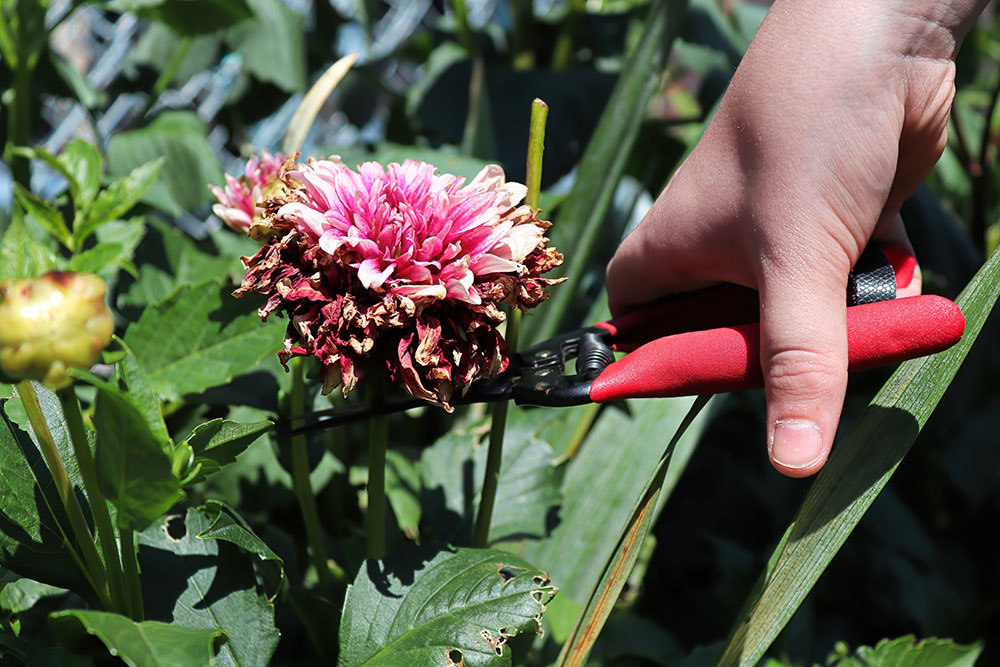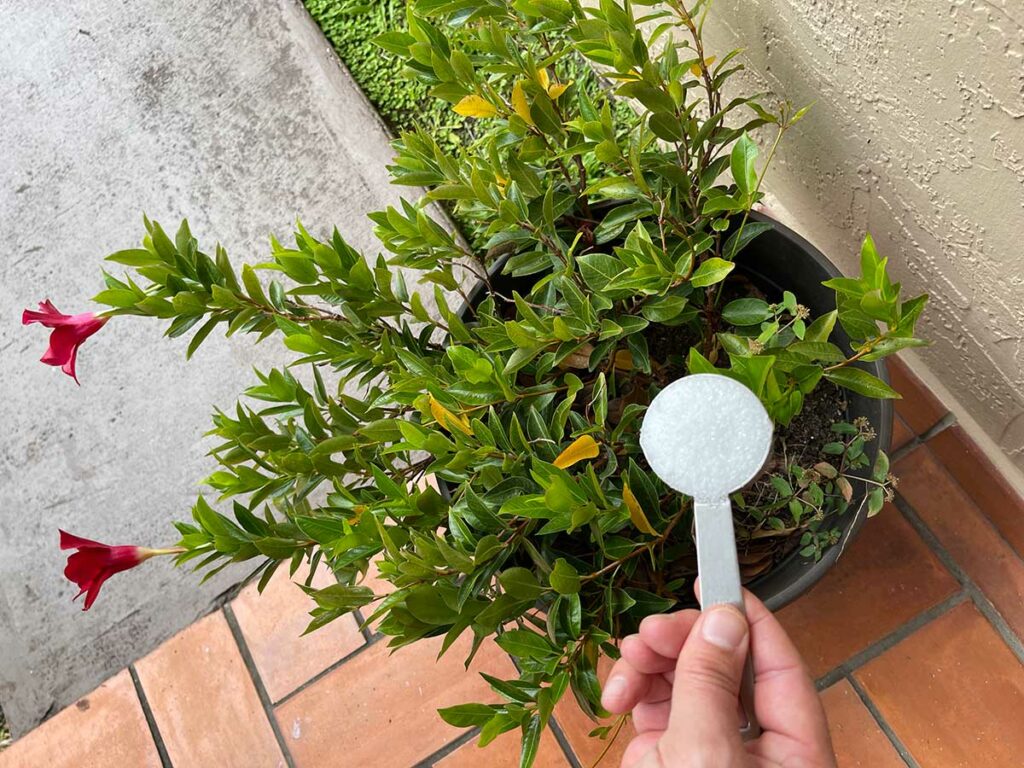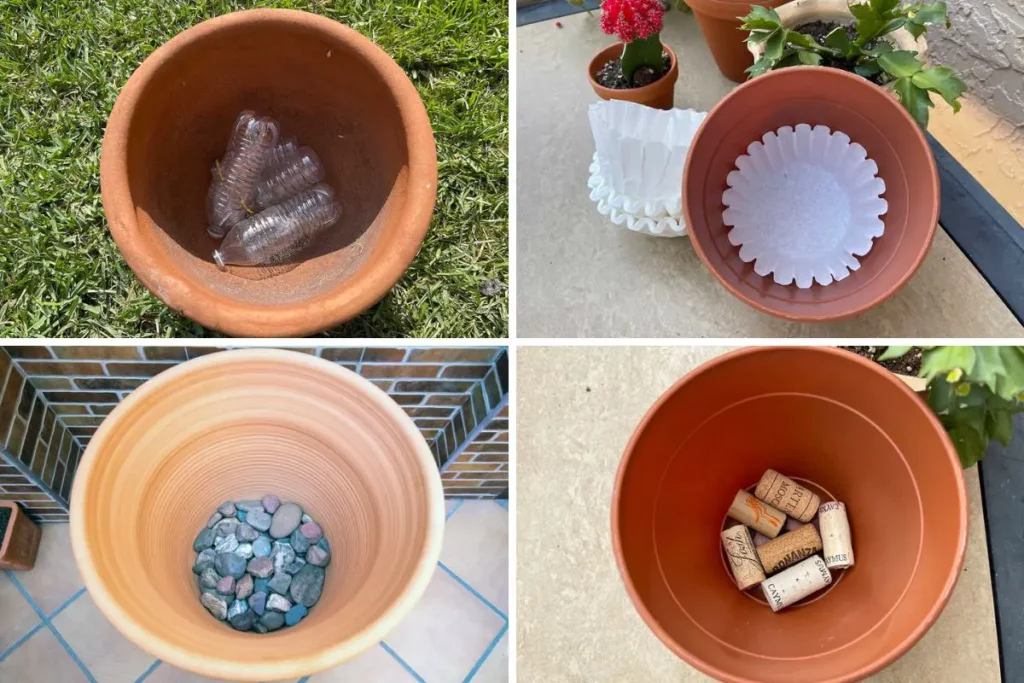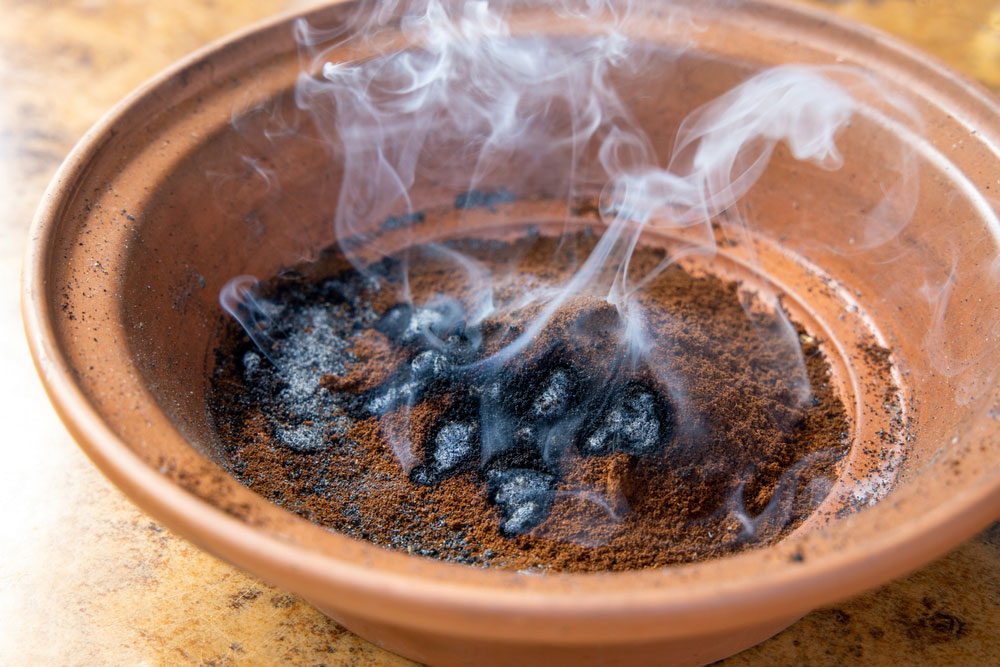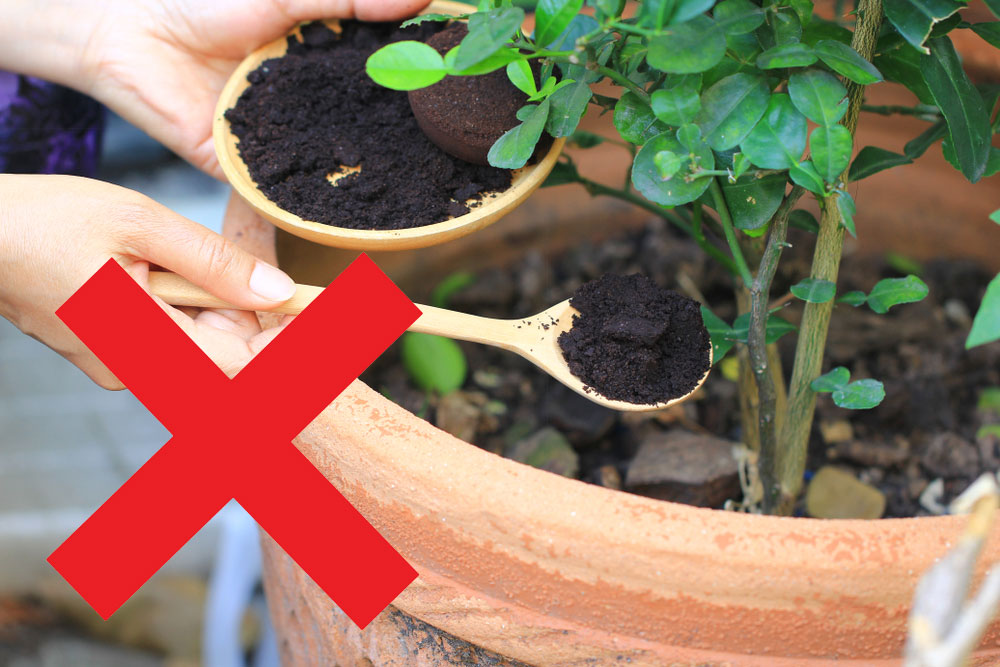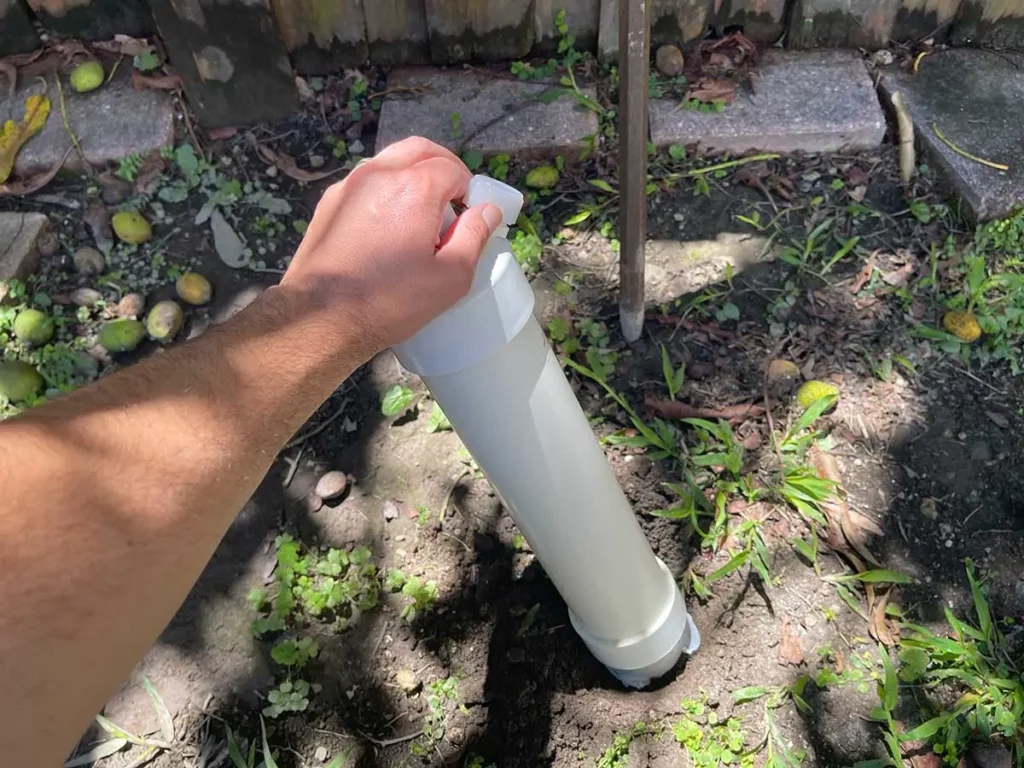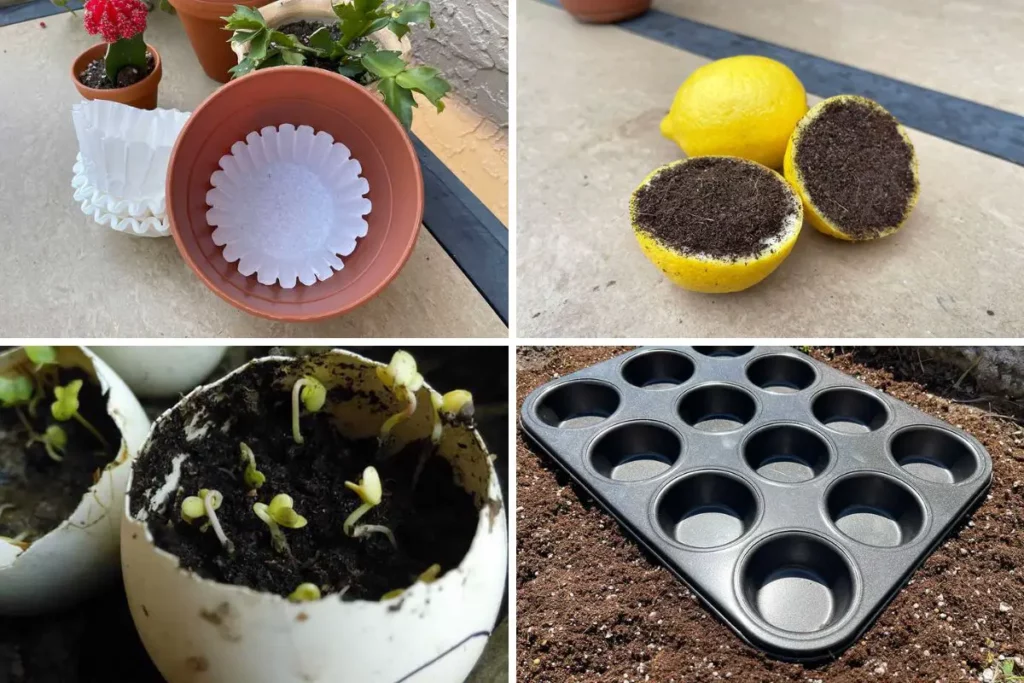If you’ve ever battled pests in your garden or home, you know how frustrating it can be. From deer munching on your plants to mosquitoes making outdoor activities unbearable, finding an effective and natural pest control method is a common quest.
One popular DIY hack that has been making the rounds is using Irish Spring soap to repel pests. But does it really work? Let’s dive into the details.

What is Irish Spring Soap?
Irish Spring soap, launched in 1970, is primarily known as a deodorant soap. Its strong, refreshing scent has made it a household staple for personal hygiene. However, due to its potent fragrance and the presence of certain essential oils, it has also been touted as a potential pest repellent.
The Theory Behind the Hack
The idea is simple: the strong scent of Irish Spring soap is believed to be unpleasant to many pests, including insects, rodents, and even larger animals like deer. The soap contains ingredients such as picaridin and oil of lemon eucalyptus, which are known for their insect-repellent properties.
Here are some common methods of using Irish Spring soap for pest control:
- Garden Pests: Grating or chopping the soap and scattering it around plants to repel deer, rabbits, and squirrels.
- Rodents: Placing chunks of soap near entry points or areas frequented by mice and rats.
- Insects: Rubbing the soap on exposed skin or placing bars around outdoor areas to deter mosquitoes, gnats, and flies.
- Moles and Voles: Burying pieces of soap near tunnels to discourage digging.
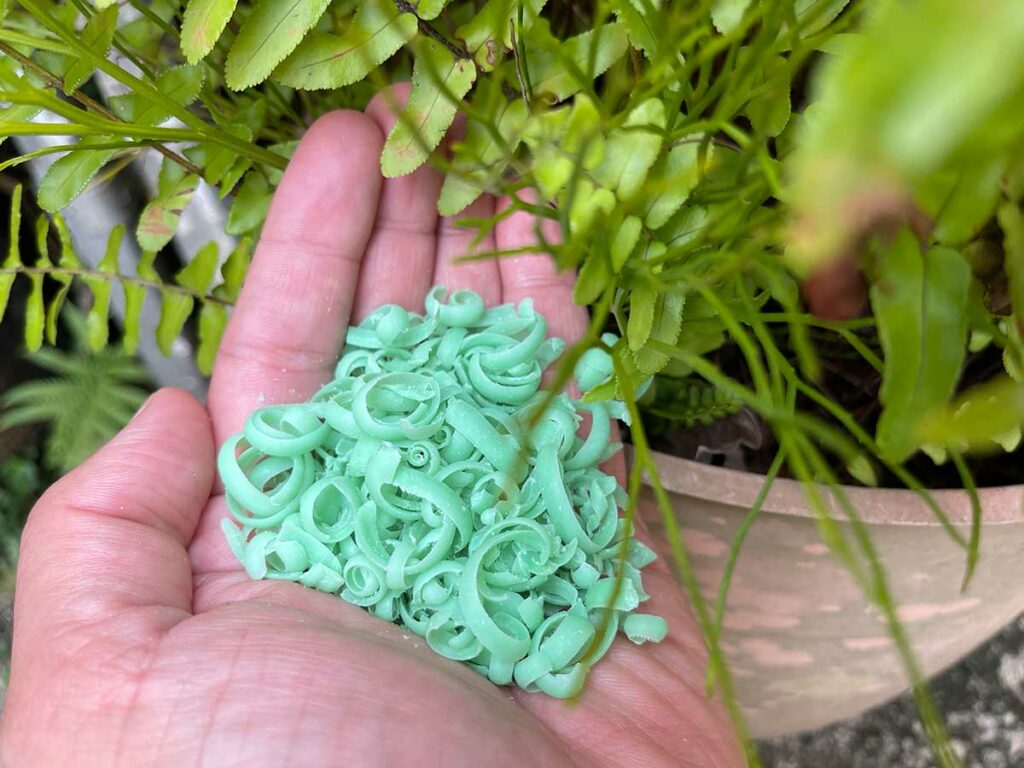
Expert Opinions
Insects
While some people swear by Irish Spring soap as an insect repellent, experts are more skeptical.
According to entomologist David Price, there is no scientific evidence to support the claim that Irish Spring soap can effectively repel mosquitoes or flies. The concentration of repellent ingredients in the soap is not high enough to provide significant protection.
Emma Grace Crumbley, another entomologist, notes that while the soap’s scent might have some temporary repellent properties, it is not a reliable long-term solution.
Rodents and Larger Animals
The effectiveness of Irish Spring soap in repelling rodents and larger animals like deer and rabbits is also debated.
Some gardeners report success, noting that the strong scent keeps these animals away from their plants.
However, Meg Pearson, a training manager at Critter Control, points out that if rodents have already established a home, the soap is unlikely to drive them away.
Additionally, some rodents might even become accustomed to the scent over time.
Real-Life Applications and Limitations
Temporary Solution
Irish Spring soap can provide a short-term solution for repelling certain pests, especially in small areas or for minor infestations. The strong scent may mask the smell of plants or food, making it less attractive to pests.
Variable Results
The success of using Irish Spring soap for pest control depends on various factors, including the type of pest, the concentration of the active ingredients, and environmental conditions. For instance, the local mosquito population and individual variation in attraction to mosquitoes can influence the effectiveness of the soap.
Not a Cure-All
For severe or persistent pest problems, professional pest control methods are recommended. The soap may not be effective against all pests and might not provide long-term protection. Specialized pesticides and repellents, which are backed by scientific research, are generally more reliable.
Sustainable Alternatives
If you’re looking for cruelty-free and sustainable pest control options, there are alternatives to Irish Spring soap. Soaps made with essential oils like citronella, lemon eucalyptus, lavender, rosemary, or peppermint can be effective. Brands like Dr. Bronner’s offer cruelty-free options that are known for their repellent properties.
Conclusion
Using Irish Spring soap for pest control can be a cost-effective and natural alternative for minor issues. While there is anecdotal evidence supporting its use, the effectiveness is not guaranteed and varies widely. For serious infestations, it’s best to consult with pest control professionals or use scientifically proven methods.
Recommendations
- Try It Out: If you’re curious, try using Irish Spring soap in small areas to see if it works for your specific pest problem.
- Monitor Results: Keep an eye on the effectiveness and be prepared to switch to other methods if needed.
- Combine Methods: Use the soap in conjunction with other pest control strategies for better results.
In summary, while the Irish Spring soap hack may offer some relief from pests, it’s not a foolproof solution. Its effectiveness is largely anecdotal, and for more reliable pest control, other methods should be considered.


